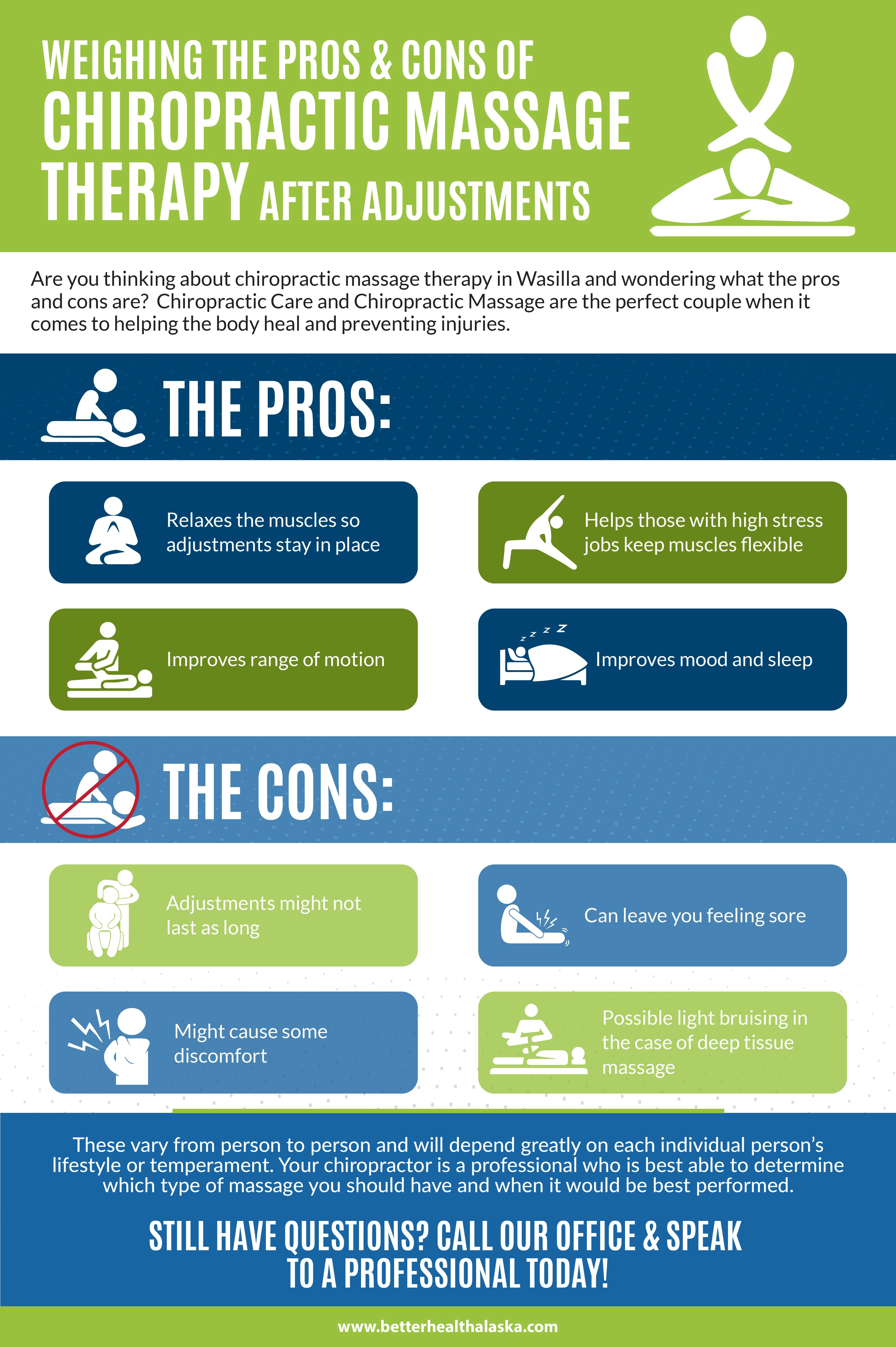The Role Of Nourishment In Back Pain Management: Foods To Consume And Stay Clear Of
The Role Of Nourishment In Back Pain Management: Foods To Consume And Stay Clear Of
Blog Article
Article Produced By-Bond Lockhart
When it concerns handling your pain in the back, the food options you make can substantially impact exactly how you really feel each day. Picture being able to relieve your pain simply by readjusting what you consume. By recognizing the role of nourishment in back pain management and recognizing which foods to incorporate or stay away from, you can take positive steps in the direction of a much healthier and more comfy way of living. The connection in between nutrition and back wellness is a lot more profound than you may realize-- allow's explore exactly how specific foods can either soothe or worsen your neck and back pain.
Relevance of Nutrition in Pain In The Back
Nutrition plays a critical duty in taking care of neck and back pain. Your diet regimen can considerably impact swelling degrees and total pain degrees in your back. Consuming a well balanced diet regimen rich in nutrients like vitamins D and K, calcium, magnesium, and omega-3 fatty acids can help reduce swelling and enhance bones, which are vital for back wellness.
Additionally, maintaining a healthy weight via proper nutrition can reduce stress on your spine, reducing the threat of neck and back pain.
Furthermore, certain nutrients like anti-oxidants located in vegetables and fruits can assist combat oxidative stress and advertise recovery in the body, including the back muscle mass and spinal column.
On the other hand, eating too much amounts of refined foods, sweet beverages, and unhealthy fats can contribute to inflammation and weight gain, intensifying neck and back pain.
Foods to Eat for Back Health
To sustain a healthy and balanced back, integrating nutrient-rich foods into your daily meals is essential. Consisting of foods high in antioxidants like berries, spinach, and kale can help in reducing inflammation in your back, reducing discomfort and pain. Omega-3 fats found in fatty fish such as salmon and mackerel have anti-inflammatory buildings that can benefit your back health.
Furthermore, consuming nuts and seeds like almonds, walnuts, and chia seeds gives essential nutrients like magnesium and vitamin E, which sustain muscular tissue feature and decrease oxidative tension. Including best medicine for extreme back pain as chicken, turkey, and tofu can aid in muscle repair service and upkeep, advertising a solid back.
Don't fail to remember to include milk or fortified plant-based options for calcium to sustain bone health. Finally, moisturize with plenty of water to maintain your back discs moistened and operating efficiently. By consisting of these nutrient-dense foods in your diet, you can nurture your back and support overall spinal health.
Foods to Avoid for Back Pain
Select preventing processed foods high in added sugars and trans fats when looking for relief from back pain. These sorts of foods can contribute to swelling in the body, which might exacerbate neck and back pain. Say no to back conditions , breads, and sugary drinks, along with convenience food items like hamburgers, fries, and fried poultry that are usually loaded with trans fats.
In addition, steer clear of foods including high levels of refined carbohydrates, such as white bread, pasta, and pastries, as they can surge blood sugar level degrees and potentially aggravate inflammation in the body.
what can cause lower back pain in a woman 's additionally important to limit your intake of foods high in hydrogenated fats, like red meat and full-fat dairy products, as they can contribute to swelling. Processed lower side back pain like deli meats, chips, and packaged snacks are frequently high in hydrogenated fats and must be eaten in small amounts.
Final thought
In conclusion, focusing on your diet and making smart food options can have a considerable effect on managing pain in the back. By including nutrient-rich foods like berries, fatty fish, nuts, and lean proteins, and staying clear of refined and sweet items, you can help in reducing swelling and support overall back health. Bear in mind, what you consume plays a critical function in exactly how you feel, so ensure to prioritize your nourishment for a healthier back.
